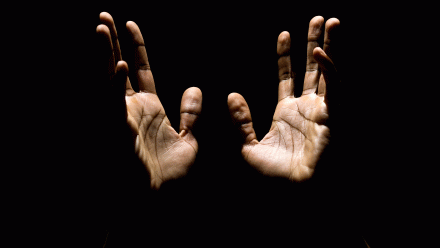Editor’s Note: This article has been updated to include laws passed in Nebraska and Utah.
Iowa, Nebraska, and Utah adopted “Religious Freedom Restoration Acts” in early 2024, meaning more than half of the country’s states now have enacted such laws throughout the past three decades—seven of them since 2021 alone.
Iowa’s statute is intended “(t)o restore the compelling governmental interest test and to guarantee its application in all cases where the free exercise of religion is substantially burdened by state action.”
Nebraska adopted the “First Freedom Act,” which also prohibits state actions from substantially burdening free exercise rights unless a compelling governmental interest exists and the action is crafted in the “least restrictive” way possible.
Utah’s statute also follows a similar standard, noting the “free exercise of religion as a fundamental right.”
Individuals, churches, and religious institutions in these states can seek these protections when they believe their free exercise rights under the US Constitution have been substantially burdened by government actions at the local or state levels.
The laws resemble federal Religious Freedom Restoration Act
The wording in each of the states’ laws echoes language used in the 1993 Religious Freedom Restoration Act (RFRA).
The federal act, passed nearly unanimously, came in response to a controversial US Supreme Court decision.
The Court’s 1990 ruling in Employment Division v. Smith established a lower judicial standard for reviewing neutral, generally applicable laws, even when those laws substantially burden religious exercise. The resulting effect was a harder legal path for religious parties to defend their free exercise rights, prompting Congress to respond.
Read more about the state and federal Religious Freedom Restoration Acts as an Advantage Member.
Another Supreme Court decision in 1997 determined that RFRA could only apply to federal government agencies and actors. In response, states began adopting their own versions to address local- and state-level situations.
Several RFRAs since 2021
In 2021, South Dakota and Montana passed RFRAs, while in 2023, North Dakota and West Virginia did the same.
South Dakota, North Dakota, and West Virginia’s RFRAs also added language prohibiting state and local governments from restricting religious activities more than secular parties—an issue triggered by restrictions and executive orders during the COVID-19 pandemic that in some instances appeared to unfairly treat churches and ministries.
In response, the Supreme Court ruled restrictions imposed on churches violate the First Amendment unless they are uniformly applied to businesses and secular organizations.
Nebraska included pandemic-tied language similar to South Dakota, North Dakota, and West Virginia. Neither Iowa nor Utah did.
In 2005, Utah adopted a religious land-use act designed to offer churches RFRA-like protections in property-related matters. Utah state representative Jordan Teuscher, the floor sponsor for the bill ultimately passed, said the law was “an important expression of Utah’s long-established commitment to religious freedom” due to “a world that’s increasingly hostile to religion,” according to the Deseret News.
Kim Reynolds, Iowa’s governor, said her state’s law became necessary as well.
“Thirty years ago, the Religious Freedom Restoration Act passed almost unanimously at the federal level,” Reynolds said in a statement. “Since then, religious rights have increasingly come under attack. Today, Iowa enacts a law to protect these unalienable rights—just as twenty-six other states have done—upholding the ideals that are the very foundation of our country.”
In all, 28 states have religious freedom laws on the books. Ten states do not. The remaining states rely upon past court decisions for determining the standards with which to evaluate a religious freedom claim.
